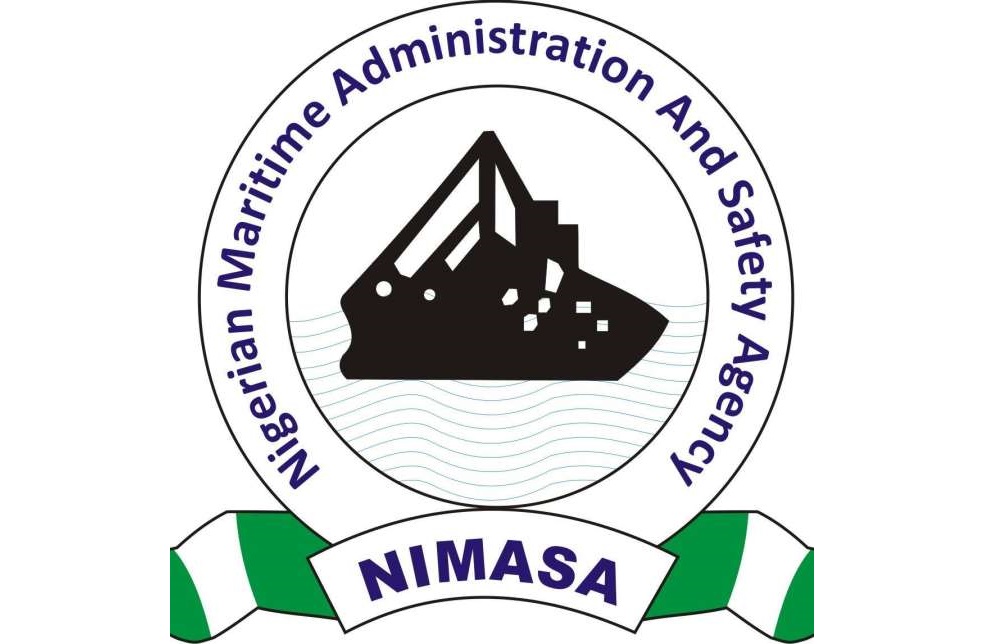It was cheery news penultimate week from Nigeria’s apex maritime regulator, Nigeria Maritime Administration and Safety Agency (NIMASA), on the move to revive efforts at changing Nigeria’s crude 0il affreightment policy from Free 0n Board(FOB) to Cost Insurance & Freight (CIF).
There was a lot of bubble across the maritime industry particularly among operators and stakeholders as the industry is set for growth and development to the benefit of Nigeria and Nigerians.
As a former staff of NIMASA and a key player in the maritime industry, I can attest to the numerous committees, conferences and seminars, (most of which I was part of), conveyed and organised by previous managements aimed at reversing this unpalatable FOB terms of trade.
FOB is a shipment term used to indicate whether the Seller or the Buyer is liable for cargo damages or destruction during shipping. In the case in point, Nigeria has been selling her crude oil on the FOB terms. This means that the buyers of our crude oil provide the tankers, pay the marine freight, insurance cover and all associated costs in the process of transporting the cargo from Nigeria to overseas. Under this FOB regime, Nigeria is the only oil producing country still operating this unfavourable terms of trade.
Speaking to a forum a couple of years ago, late Dr. Maikanti Baru, the former Group Managing Director of Nigeria National Petroleum Company (NNPC) said that $6.16 (N1.88 trillion) was paid to foreign liners operating in Nigeria in 2015 alone! He should know because the shipping lines were hired by the NNPC to lift 107.17 million tons of crude oil in that year. Do your calculations and you will come up with the mind-blowing figures we are daily losing to foreign carriers.
According to Dr. Baru, Nigeria completely forfeited over $3 billion, which could have accrued to chandling companies in Nigeria during the same period. We have not factored in the insurance and other services components.
It is therefore, heartwarming to hear from the apex maritime regulator and the NNPC agreeing to cooperate to end this decades old anomaly by adopting the Cost Insurance and Freight terms of trade. This is further strengthened by the provisions of the NNPC Act no. 33 of 1997 which states clearly in section 5(d) and 9(c) that: the participation of national carriers in the carriage of bulk cargoes to and from Nigeria shall be subject to carriage right of not less than 50% of such cargoes. These provisions were deliberately introduced to provide support for Nigerian-owned tankers but ironically it was the NNPC that was the obstacle. However, that is changing today with the two new patriotic CEOs at the helm of NIMASA and NNPC affairs.
Producing and selling our crude oil under the CIF regime is the most patriotic and wise thing to do at this time of chronic unemployment, dwindling oil revenues, infrastructural revival, the COVID-19 pandemic and insecurity.
Under a CIF contract, the seller of crude oil like Nigeria will undertake to provide the crude carrier, shipping documentation, shipment, secure insurance and other associated services. The CIF policy best serves the interest of Nigeria because she is the seller, the shipper and to whom the bill of lading is issued. This means our right to possession is not questionable.
In addition, finance and bank credit facilities are easier to arrange under the CIF policy. I recall some years ago, ship owners in Nigeria were able to secure a $1.8 Million facility from a Miami, Florida-based institution to purchase 20 new crude oil carriers based on a concrete and verifiable affreightment contract signed with the NNPC.
Further more, under a CIF contract, Nigeria will be responsible for arranging the carriage of the goods and the Insurance-In-Transit, as the cost of such arrangement is included in the contract price. This means that the buyer is not liable with fluctuations in freight rates and insurance premiums.
Quoting from his book, ’Harnessing Nigeria’s Maritime Assets’, Dr. Bashir Jamoh describes the carriage of Nigeria’s crude oil on FOB as ‘lost ripple effect value’. This means “that despite the fact that crude oil constitutes the main stay of the Nigerian economy, contributing over 80% of the country’s total revenue, international trade in this sector is dominated by foreign tanker operators who also enjoy the advantage of the FOB- based transaction terms with the NNPC. The non-participation of indigenous shipping companies in the carriage of Nigeria’s crude oil has a lot of negative implications for the Nigerian economy…”
As soon as the CIF policy is adopted, I foresee the retention of more than 80% of our oil and gas proceeds in Nigeria as a result of the increased participation of indigenous ship owners, chandlers, banks, insurance and allied sectors.
Charting the way forward, I call on the Federal Government of Nigeria through the Executive, the National Assembly, the Judiciary, the maritime agencies, operators and stakeholders to mobilise and give all the support to the leadership of NIMASA headed by Dr. Bashir Jamoh in the realisation of this noble mission to change this unpalatable term of trade in the lifting of Nigeria crude oil from FOB to CIF as the country stands to gain immensely.
The first step in my view is the urgent need to review Nigeria’s terms of trade as Dr. Jamoh is championing. NIMASA should, as a matter of urgency, sponsor a bill to the National Assembly to effect the necessary changes to the laws of Nigeria that will give teeth to the CIF regime. The aggregate idea, according to Dr. Jamoh, is for government to review our export trade policy from the current Free-on-Board to Cost Insurance and Freight for all exports and CIF to FOB for import of government cargo. This move will drastically reduce capital flight, conserve foreign exchange, escalate indigenous participation and generate the much-needed employment for Nigeria and Nigerians. The time to act is now!
Suleiman Adama is the National Coordinator, Blue Economy Resources

 Join Daily Trust WhatsApp Community For Quick Access To News and Happenings Around You.
Join Daily Trust WhatsApp Community For Quick Access To News and Happenings Around You.